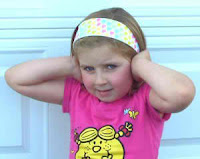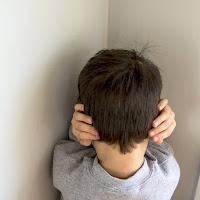What To Do When The School System Fails To Meet Your Child's Special Needs

"We've had a rough school year with our son (6 year old with high functioning autism). So glad it's coming to a close in a couple weeks! My husband and I are seriously considering some alternate form of education for him in the next school year. What have other parents done in a situation where the school is simply not meeting their child's special needs?" All Aspergers and high-functioning autistic (HFA) children are different and will have unique characteristics and behavior. Various traits will be displayed differently in every one diagnosed with the disorder. This can make it difficult for schools to adjust their program or restructure the environment in the classroom to accommodate the "special needs" child. As a result, some parents discover that the traditional school setting is not the best scenario for their child. If you are considering a different educational route for your youngster, then one of the following alternatives may prove to





